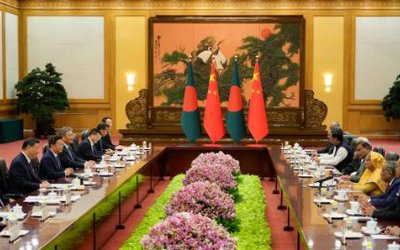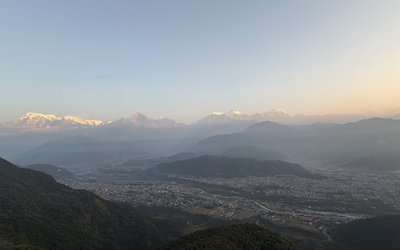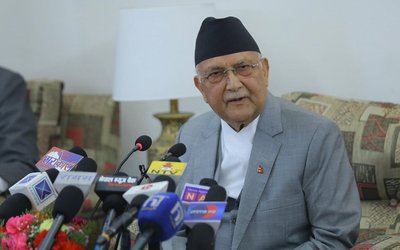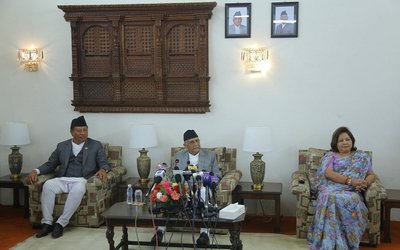
Parliament of Sri Lanka together with the United Nations Children’s Fund (UNICEF) is hosting parliamentarians from across South Asia to celebrate the 30-year anniversary of the Convention of the Rights of the Child.
At the meeting, parliamentarians will take stock of the situation of children in the region and discuss the key challenges towards realization of all rights of all children to ensure further progress.
The South Asia Parliamentarian Platform for Children being held in Colombo from 2nd to 3rd September will also give the parliamentarians the opportunity to make fresh commitments to push the national agendas for the realization of child rights.
“The Convention has helped to transform children’s lives for the better and has ensured that Governments have favorable policies, changed laws, and made investments so that more children get the chance to thrive and have a good, protected childhood. Nevertheless, the Convention is still not fully implemented everywhere, and millions of children continue to suffer violations of their rights when they are denied adequate healthcare, nutrition, education and protection from violence,” said Ms. Jean Gough, Regional Director for UNICEF South Asia.
This is the third year that UNICEF organizes a meeting with parliamentarians from the region to connect them to discuss the situation of children and inspire them to take action for improvement in their lives.
“Nepal is committed to advancing the rights of all children. We are especially focusing on the most vulnerable children, including those with disabilities. It is imperative that we address the full spectrum of needs for a child who has a disability, through a screening and identification system. By addressing these needs – from ensuring their health and education to their access to clean water and protection – we can help them achieve their full potential,” said Hon. Parliamentarian Ms. Pushpa Bhushal.
The Convention on the Rights of the Child is the most widely ratified human rights treaty. Thirty years on, child rights have not changed, but childhood for about 627 million South Asian children has changed, with the coming of the internet, the effects of climate change, rapid urbanisation and other emerging issues.
“We see new threats for children, but also many new opportunities for children to realise their rights. That is why we are content to be working with parliamentarians from all over South Asia to ensure that we speed up positive actions for children to ensure a healthy and educated young generation across the region’, said Jean Gough.
- Ram Nawami Festival 2025: Importance And Significant
- Apr 06, 2025
- Weather Forecast: Mainly Fair In Madhesh, Karnali, Lumbini, Sudur Paschim and Plains Of Koshi Provinces
- Apr 06, 2025
- My Visit To India Not Possible Due To Lack Of Time: PM Oli
- Apr 05, 2025
- There will be an impartial investigation into the Tinkune incident, judicial investigation may not be necessary: Prime Minister
- Apr 05, 2025
- RPP Leader Pashupati Sumsher Rana Demands Unconditional Release of Rabindra Mishra and Dhawal Rana
- Apr 05, 2025














